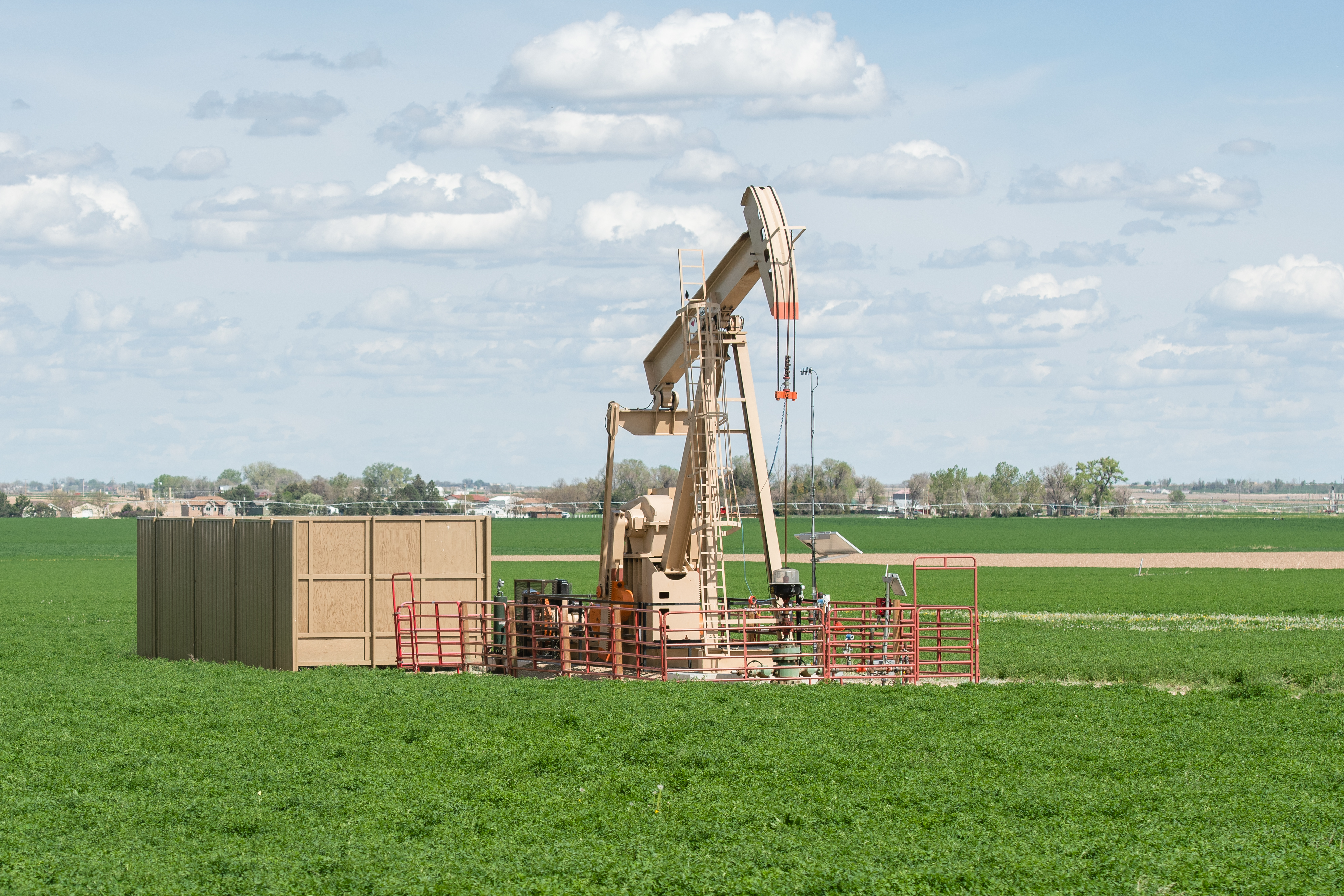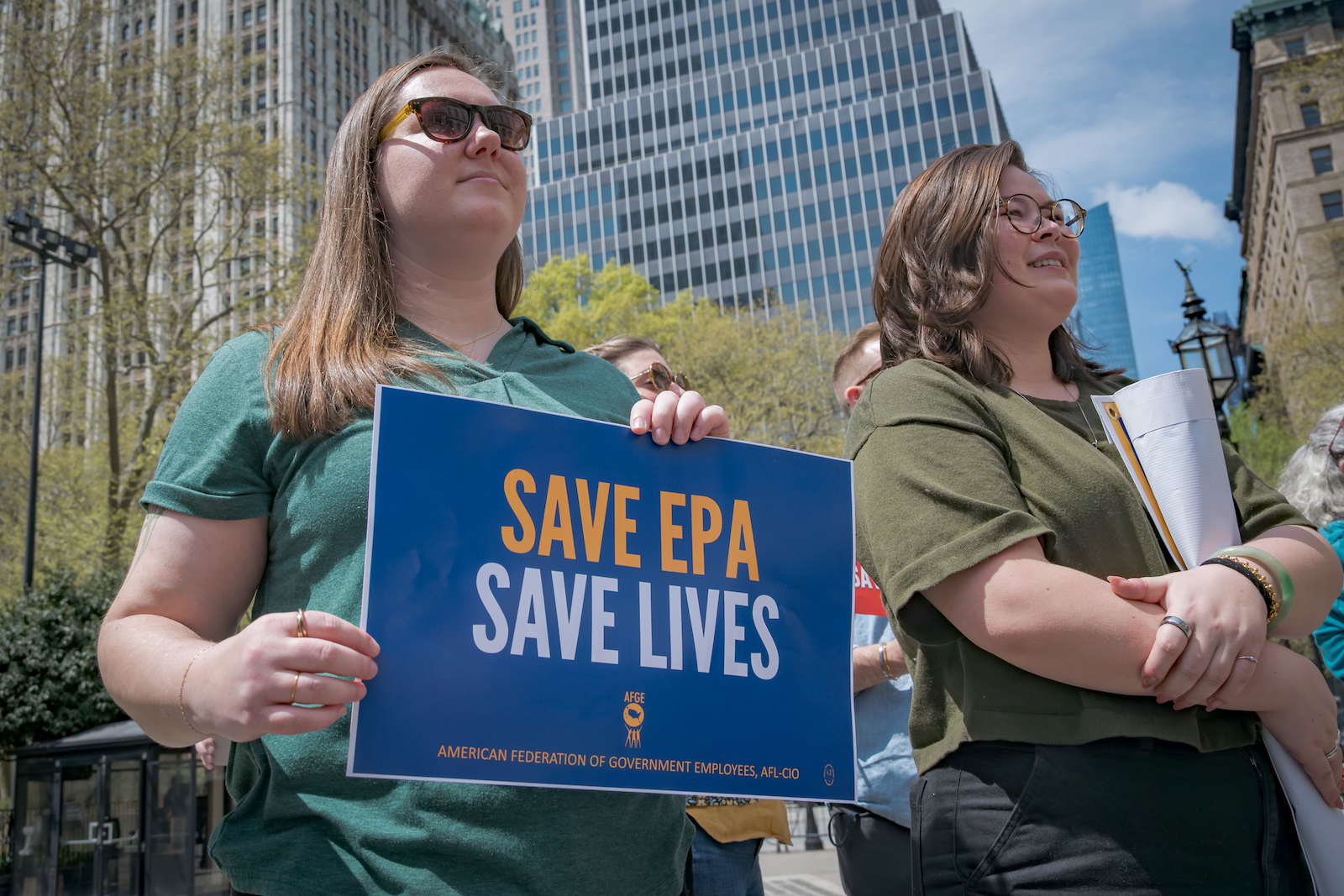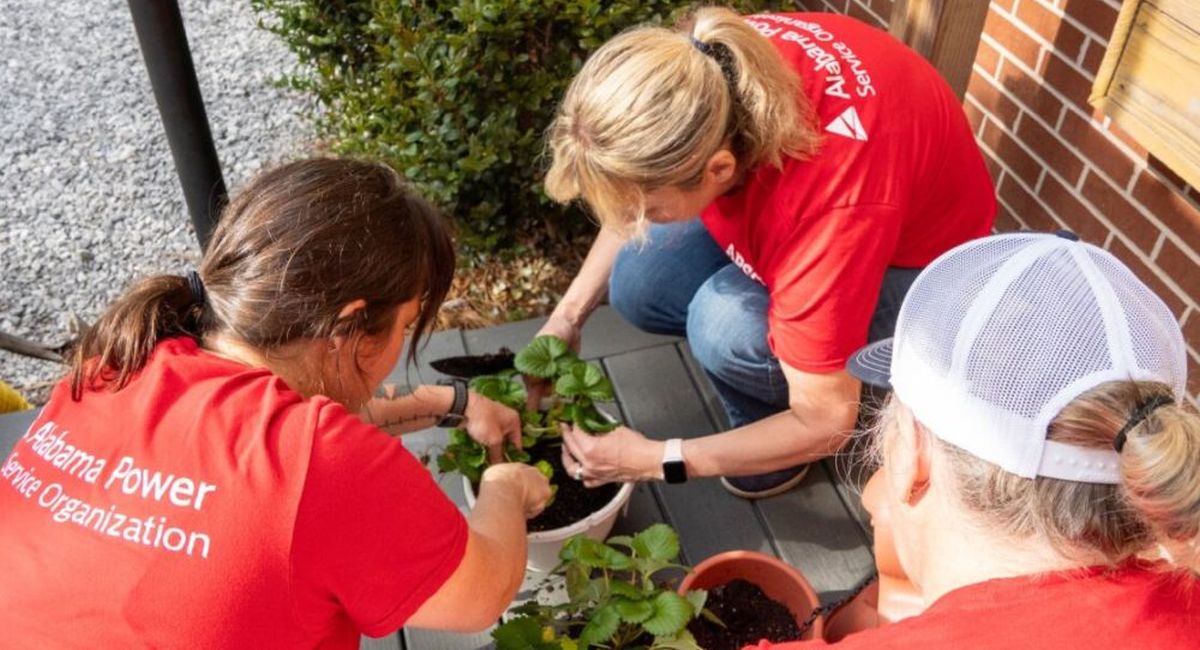
Talent Drain: How Trump's Tenure Hollowed Out Energy and Environmental Leadership
Federal Workforce Exodus: Experienced Staff Leaving Critical Agencies
A significant wave of buyouts and retirements is rapidly transforming the landscape of federal agencies responsible for energy, environmental protection, and public health. This mass exodus of seasoned professionals is raising serious alarm bells about the long-term policy-making capabilities of crucial government departments.
Across key federal agencies like the Department of Energy, Environmental Protection Agency, and Department of Health and Human Services, thousands of experienced employees are departing, creating a potential knowledge gap that could impact critical national policy decisions.
The trend is more than just a simple workforce transition. Experts warn that the loss of institutional knowledge and deep expertise could compromise the government's ability to develop and implement sophisticated, science-driven policies in sectors that are fundamental to national well-being.
These departures are driven by a combination of factors, including early retirement incentives, changing workplace dynamics, and shifting professional opportunities in the public and private sectors. The result is a potential brain drain that could have long-lasting implications for how the United States manages its most pressing environmental, energy, and public health challenges.
As agencies grapple with this significant workforce transformation, the need for strategic recruitment and knowledge transfer has never been more critical.









